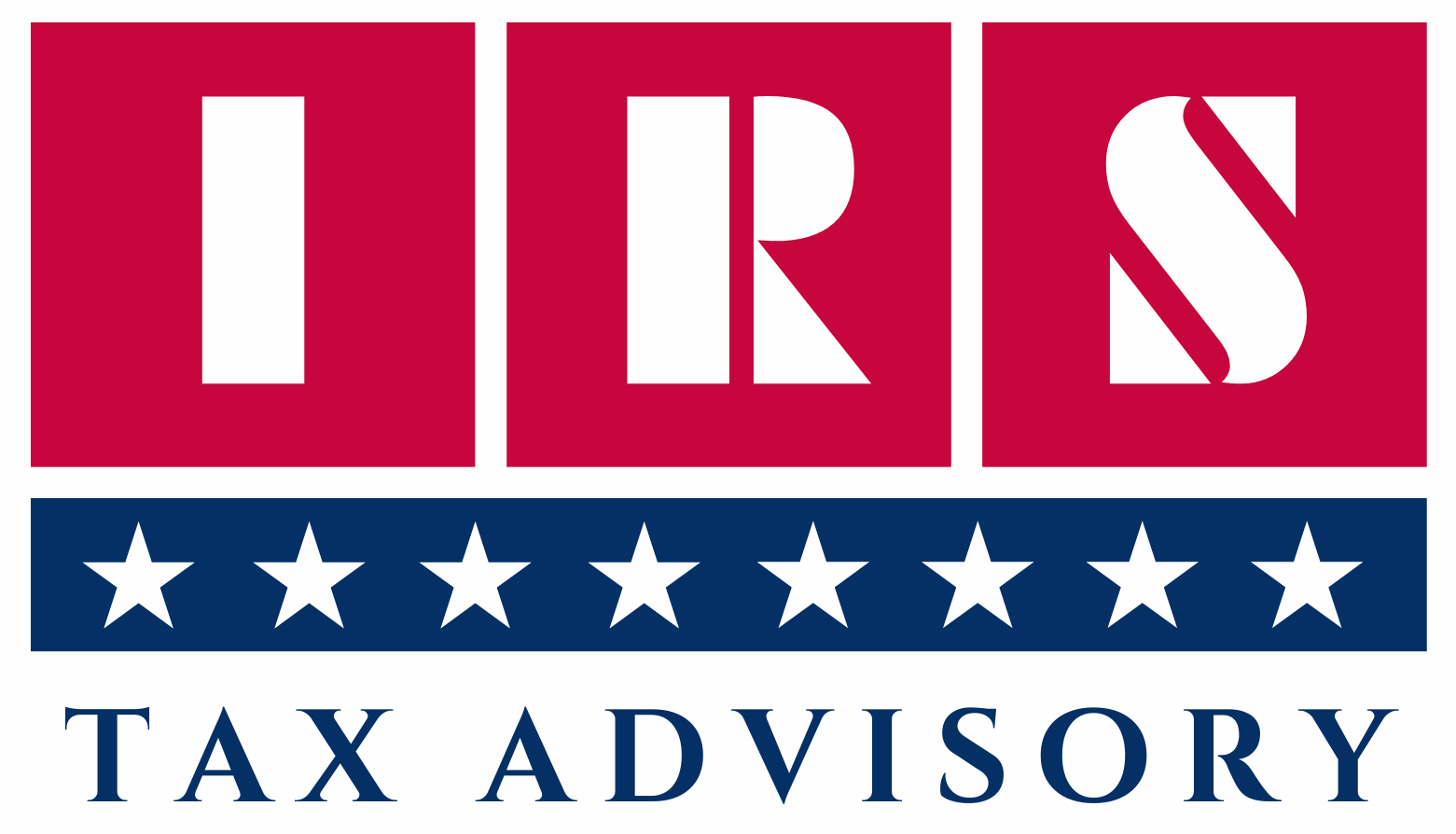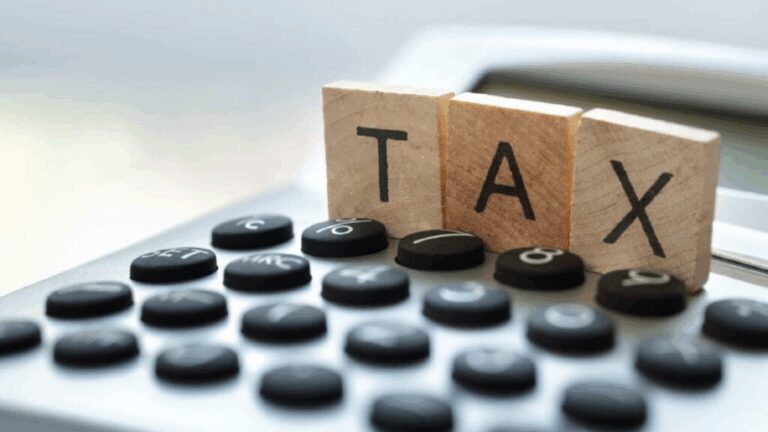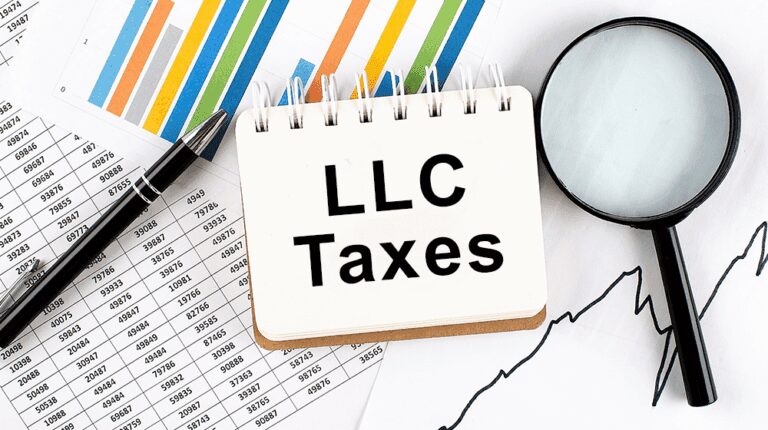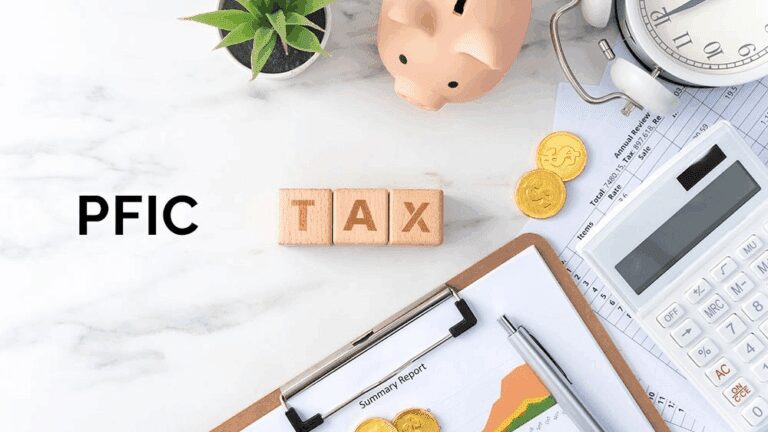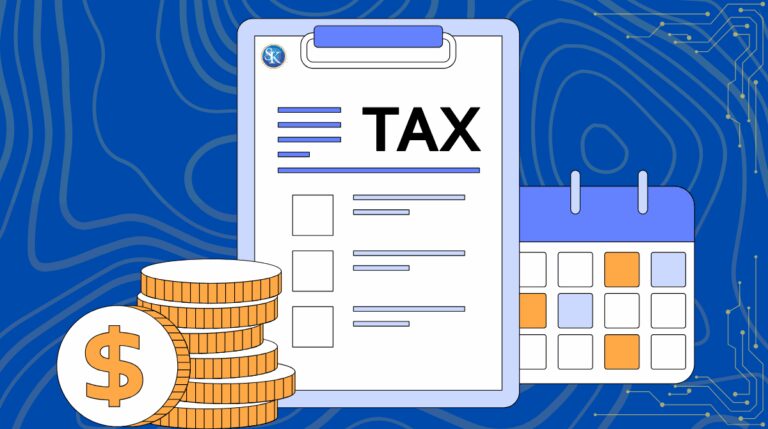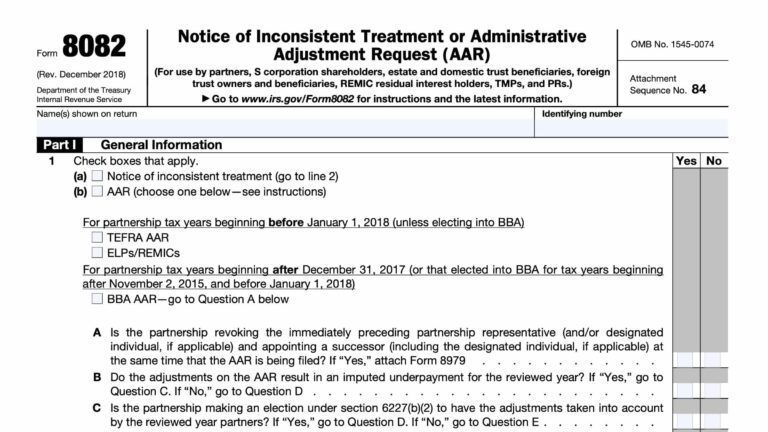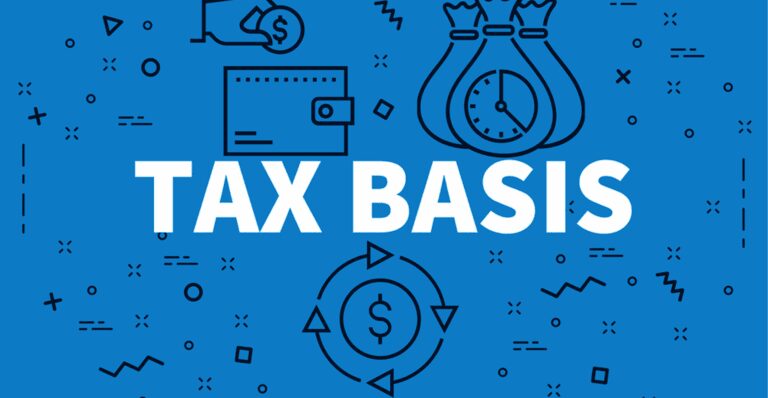New Jersey Sales Tax Payment- Amazing Overview 2025
Table of Contents
A Detailed Overview On New Jersey Sales Tax Payment

New Jersey Sales Tax payment is a state-administered tax imposed on most retail sales of tangible personal property and certain services. Whether you’re a business owner, seller, or consumer, understanding how sales tax works in New Jersey — especially how to pay, report, and comply — is essential for staying on the right side of the law.
What Is New Jersey Sales Tax?
Sales tax in New Jersey is a consumption-based tax applied to most goods and services sold to end consumers. As of 2025, the state sales tax rate is 6.625%.
New Jersey Sales Tax is a state-administered excise tax imposed on the retail sale, lease, or rental of most tangible personal property and certain taxable services within the state. It is collected from consumers by businesses at the point of sale and then remitted to the New Jersey Division of Taxation. The purpose of the tax is to generate revenue that supports essential public services such as schools, roads, law enforcement, healthcare, and infrastructure development.
As of 2025, the statewide sales tax rate in New Jersey is 6.625%, and unlike many other states, New Jersey does not permit additional local or municipal sales tax, making the rate uniform across the entire state. Sales tax applies to transactions involving physical goods like electronics and furniture, as well as specific services such as landscaping, telecommunications, and digital subscriptions. Some essential goods—like unprepared food, prescription drugs, and most clothing—are Exempt from sales tax.
Businesses with a physical or economic nexus in New Jersey are legally obligated to register, collect, and remit this tax. Additionally, the state enforces a use tax at the same rate for purchases made out-of-state that are brought into New Jersey for use, ensuring a level playing field for in-state retailers.
Unlike some other states, New Jersey does not allow additional local sales taxes, making the sales tax rate uniform across all counties and municipalities.
Who Needs to Collect and Pay Sales Tax in New Jersey?
Any business or individual engaged in selling taxable goods or services in New Jersey is generally required to collect and remit sales tax to the New Jersey Division of Taxation. This includes both in-state sellers with a physical presence and remote sellers meeting economic thresholds. The obligation to collect sales tax applies not only to brick-and-mortar stores but also to online retailers, contractors, service providers, and marketplace facilitators.
Businesses That Must Collect New Jersey Sales Tax
You are required to collect and pay New Jersey sales tax if you meet any of the following conditions:
1. Physical Nexus in New Jersey
You must collect sales tax if your business has a physical presence in the state, such as:
- A retail store, office, or warehouse in NJ
- Employees or independent contractors working in NJ
- Company-owned vehicles delivering goods in NJ
- Inventory stored in NJ (even in third-party warehouses like Amazon FBA)
2. Economic Nexus
Even if you have no physical presence, you are required to collect NJ sales tax if you meet the economic nexus threshold:
- $100,000 or more in gross revenue from sales into NJ OR
- 200 or more separate transactions delivered into NJ during the calendar year
This rule applies primarily to remote sellers and online businesses selling into New Jersey from out-of-state.
3. Marketplace Facilitators
If you operate a marketplace (like Amazon, eBay, Etsy, or Walmart Marketplace), you must collect and remit sales tax on behalf of third-party sellers if sales are made to NJ customers. Marketplace facilitators are considered the “deemed sellers” under NJ law.
Examples of Sellers Required to Collect NJ Sales Tax
| Type of Business | Must Collect NJ Sales Tax? | Reason |
| Retail clothing store in Newark | Yes | Physical presence in NJ |
| Online seller in Texas with $150,000 sales to NJ | Yes | Economic nexus |
| Amazon selling on behalf of NJ third-party | Yes | Marketplace facilitator rule |
| Freelance designer with NJ clients | Maybe | Depends on whether services are taxable |
| Out-of-state business with only 50 NJ orders | No | Does not meet economic nexus threshold |
Who Must Pay Use Tax?
If you purchase taxable goods or services from outside NJ and didn’t pay sales tax at the time of purchase, you’re responsible for paying Use Tax to New Jersey. This ensures fair taxation between in-state and out-of-state purchases.
Examples
- Buying furniture online from a seller who didn’t charge NJ tax
- Bringing equipment from another state for business use in NJ
Registration Requirement
Before you begin collecting sales tax, you must:
- Register for a Sales Tax Certificate of Authority with the NJ Division of Taxation
- Display the certificate prominently in your business
- File periodic sales tax returns (monthly, quarterly, or annually)
Register here: NJ Business Registration Portal
In Summary
| Requirement | Applies To |
| Collect Sales Tax | Sellers with physical or economic nexus in NJ |
| Register with NJ Division of Taxation | All sales tax collectors |
| File Returns & Pay Tax | Monthly, quarterly, or annually depending on volume |
| Use Tax | Consumers and businesses purchasing taxable goods from out of state |
Nexus in New Jersey: Physical & Economic
Nexus” is a legal term that refers to a business’s connection to a state, which determines whether that business must collect and remit sales tax. In New Jersey, both physical nexus and economic nexus create a sales tax obligation. Understanding these two types of nexus is critical for tax compliance, especially in a multistate or online business environment.
What Is Physical Nexus in New Jersey?
Physical nexus exists when a business has a tangible presence or activities within New Jersey. It traditionally applies to brick-and-mortar businesses, employees, or operations conducted in the state.
Activities That Create Physical Nexus in NJ:
- Owning or leasing real property, such as an office, store, or warehouse in NJ
- Having employees, agents, or contractors working in NJ
- Storing inventory in New Jersey, including in third-party fulfillment centers (e.g., Amazon FBA warehouses)
- Delivering goods in company vehicles (as opposed to common carriers)
- Participating in trade shows or events in NJ (depending on frequency and intent)
- Installing or repairing products in NJ
If your business has any of the above, you are considered to have physical nexus and must register, collect, and remit New Jersey sales tax.
What Is Economic Nexus in New Jersey?
With the rise of e-commerce, states like New Jersey implemented economic nexus rules following the Supreme Court’s 2018 decision in South Dakota v. Wayfair, Inc.
Economic nexus applies to remote sellers—businesses with no physical presence in NJ but who make substantial sales into the state.
Economic Nexus Threshold in NJ:
A remote seller has economic nexus in New Jersey if, in the current or previous calendar year, they:
- Exceed $100,000 in gross revenue from sales of tangible personal property, specified digital products, or services delivered into NJ, or
- Conduct 200 or more separate transactions with NJ customers
Once either threshold is met, the seller must:
- Register for a NJ Sales Tax Certificate
- Begin collecting and remitting NJ sales tax
- File periodic tax returns
Marketplace Facilitator Rule
New Jersey also enforces nexus rules for marketplace facilitators, which are platforms (like Amazon, Walmart, Etsy, and eBay) that enable third-party sales.
A marketplace facilitator with physical or economic nexus in NJ is required to:
- Collect and remit sales tax on behalf of third-party sellers
- Maintain records of marketplace transactions
- Submit sales tax returns even if the third-party sellers are not directly registered in NJ
Key Differences Between Physical and Economic Nexus
| Feature | Physical Nexus | Economic Nexus |
| Based On | Tangible presence or activities in NJ | Volume of remote sales into NJ |
| Common for | Local businesses, retailers, contractors | Out-of-state and online-only sellers |
| Threshold | Any physical presence | $100,000 sales or 200 transactions annually |
| Triggers Tax Obligation | Yes | Yes |
| Applies To | In-state and out-of-state businesses | Remote businesses with NJ customers |
| Registration Required | Yes | Yes |
Important Notes
- Both types of nexus require timely registration with the NJ Division of Taxation and regular sales tax filings.
- Once nexus is established, businesses must collect tax immediately—there is no grace period.
- Sellers should continuously monitor sales volume to track if/when nexus thresholds are exceeded.
Importance of Nexus
Failing to understand nexus can result in:
- Uncollected taxes, leading to out-of-pocket payments
- Penalties, audits, and interest
- Lost credibility and legal trouble for noncompliance
Whether you’re a local retailer, an eCommerce brand, or a third-party seller on a marketplace, knowing your nexus status in New Jersey is essential to avoiding tax issues and maintaining business health.
How to Register to Collect NJ Sales Tax
If your business has nexus in New Jersey (either physical or economic), the law requires you to register with the New Jersey Division of Taxation to legally collect and remit New Jersey Sales Tax. This registration gives you a Sales Tax Certificate of Authority, which authorizes your business to collect sales tax and file returns.
Step 1: Determine If You Need to Register
Before registering, ensure that your business meets one of the following criteria:
- You have a physical presence in NJ (e.g., store, warehouse, employees).
- You sell taxable goods/services and meet the economic nexus threshold:
- Over $100,000 in annual sales into NJ, or
- More than 200 transactions with NJ customers in a year.
- You operate as a marketplace facilitator or remote seller.
Once confirmed, you are required to register.
Step 2: Register Online with the NJ Division of Revenue & Enterprise Services
New Jersey requires online registration through its official portal:
Website: https://www.njportal.com/DOR/BusinessRegistration/
Information You’ll Need:
Have the following details ready before you start:
- Business name and trade name (if applicable)
- Federal Employer Identification Number (EIN)
- Business structure (LLC, corporation, sole proprietorship, etc.)
- Responsible party information (owner or corporate officer)
- Mailing and physical business addresses
- Contact information (email, phone)
- Start date of business operations in New Jersey
- Estimated monthly sales and tax liability
- Nexus type (physical, economic, or marketplace facilitator)
Step 3: Receive Your Sales Tax Certificate of Authority
Once registered:
- You’ll receive a New Jersey Sales Tax Certificate of Authority (Form ST-3).
- This certificate must be displayed at your business location or made available digitally.
- The certificate is non-transferable and remains valid as long as you operate and collect sales tax in NJ.
Step 4: Begin Collecting and Charging NJ Sales Tax
After you receive your certificate:
- Start charging 6.625% sales tax (or applicable exemptions) on taxable sales in NJ.
- Use New Jersey’s Taxability Matrix to determine which products and services are taxable.
- View NJ Taxability Guidance
Step 5: File Sales Tax Returns
You must file NJ Sales & Use Tax returns on a monthly, quarterly, or annual basis, depending on your volume.
- Forms used: ST-50, ST-51
- Filing due dates:
- Monthly: 20th of the following month
- Quarterly: Last day of the month following the quarter
Penalties for Not Registering
Failing to register and collect NJ sales tax when required can result in:
- Back taxes owed
- Significant penalties and interest
- Audits and legal enforcement
- Loss of business license
Recap: Quick Checklist
| Task | Description |
| Assess Nexus | Confirm physical or economic presence |
| Register Online | Use the NJ business portal |
| Prepare Documents | EIN, addresses, responsible party info |
| Get Certificate | Display Form ST-3 |
| Start Charging Tax | Apply NJ’s 6.625% rate or exemptions |
| File & Remit Tax | Monthly, quarterly, or annually via NJ Tax Portal |
How to Calculate Sales Tax in NJ
Sales tax in NJ is calculated as:
Sales Tax = (Taxable Sale Amount) × 6.625%
Example
- Selling Price: $100
- Tax: $100 × 0.06625 = $6.63
- Total Sale = $106.63
Filing and Paying Sales Tax in NJ
Businesses must file sales tax returns and pay taxes due on a monthly or quarterly basis, depending on their tax liability:
| Sales Tax Collected Annually | Filing Frequency |
| Less than $500 | Annually |
| $500 – $30,000 | Quarterly |
| Over $30,000 | Monthly |
Filing Online
- Use the New Jersey Sales and Use Tax Online Filing Service via the NJ Division of Taxation website
- Log in with your Business Entity ID (BIN) and PIN.
- File Form ST-50 (Quarterly) or ST-51 (Monthly) as applicable.
- Payment can be made via EFT (electronic funds transfer) or credit card.
Penalties for Non-Compliance with New Jersey Sales Tax Laws
Failing to comply with New Jersey’s sales tax rules — including failing to register, collect, file, or remit taxes — can lead to severe legal and financial consequences. Whether the non-compliance is due to oversight or intentional evasion, the New Jersey Division of Taxation imposes a range of penalties, interest, and enforcement actions to ensure compliance.
1. Failure to Register to Collect Sales Tax
If a business has nexus in NJ (physical or economic) but fails to register for a Sales Tax Certificate of Authority, it may face:
- Civil penalties up to $100 for each day of operating without registration
- A cease and desist order to immediately stop doing business
- Backdated tax liabilities (you may owe taxes retroactively)
- Possible revocation of business licenses
2. Failure to Collect and Remit Sales Tax
If you’re registered but fail to charge, collect, or remit sales tax, you could be held personally and financially responsible for:
- Back taxes owed on all untaxed sales
- Interest on unpaid tax (calculated from the due date until paid in full)
- Penalties of 5% per month, up to a maximum of 25% of the unpaid tax
- Additional penalties if fraud or willful neglect is found
Even if your customers didn’t pay the sales tax, you remain liable for remitting the tax due.
3. Failure to File Returns
Missing sales tax return filing deadlines can result in:
- Late filing penalty: $100 per month, per return
- Late payment penalty: 5% of the unpaid tax, plus
- Monthly interest (variable rate) on the tax due (currently ~9.25% annually)
- Loss of good standing with the state (which affects licenses, permits, and state contracts)
If more than one return is missed, penalties and interest accrue per period, compounding your total liability.
4. Criminal Charges for Fraud or Evasion
In severe or willful cases, the NJ Division of Taxation may pursue criminal prosecution:
- Tax evasion is a third-degree crime in NJ
- Penalties may include:
- Up to 5 years in prison
- Fines of up to $15,000 per offense
- Criminal record, affecting business operations, funding, and licensing
Criminal penalties typically apply to:
- Willful failure to file returns or remit tax
- Falsifying records
- Intentional misclassification of taxable sales
5. Audit and Collections Enforcement
Non-compliant businesses may be audited, even retroactively for several years. Audits may result in:
- Reassessment of taxes owed
- Additional penalties and interest
- Wage garnishment or bank levies
- Seizure of business assets or inventory
The Division may also place liens on business or personal property and suspend business operations until liabilities are resolved.
Tip for Compliance
| Action | Benefit |
| Register promptly | Avoid civil penalties and backdated tax |
| File returns on time | Prevent late fees and interest |
| Remit full tax collected | Avoid trust fund recovery penalties |
| Keep accurate records | Defend audits and reduce liability |
| Consult a tax professional | Ensure ongoing compliance |
Summary of Penalties
| Violation | Penalty |
| Not registering | $100/day + cease order |
| Not collecting/remitting | Up to 25% of tax + interest |
| Late filing | $100/month/return |
| Fraud/evasion | Up to 5 years prison + $15,000 fine |
| Audit failure | Reassessed tax + penalties + possible seizure |
New Jersey Sales Tax Due Dates: A Complete Guide
Businesses registered to collect and remit New Jersey Sales Tax must file periodic returns based on their tax liability and sales volume. The due dates for sales tax returns and payments vary depending on whether you are required to file monthly, quarterly, or annually.
Timely filing and payment are crucial to avoid penalties, interest, or audits from the New Jersey Division of Taxation.
Filing Frequencies in New Jersey
The state assigns businesses a filing frequency based on their projected or actual tax liability. You’ll be notified of your schedule when you register.
| Filing Frequency | Tax Liability Threshold | Forms Used | Due Dates |
| Monthly | $500+ per month | ST-51 (monthly remittance) + ST-50 (quarterly return) | 20th of following month (ST-51), last day after quarter ends (ST-50) |
| Quarterly | Less than $500 per month, but over $500 per quarter | ST-50 only | Last day of the month following the quarter |
| Annual | Less than $500 per year | ST-50 only | January 20 of the following year |
Monthly Filers (High-Volume Businesses)
If your business collects $500 or more in sales tax per month, you must:
- File Form ST-51 for the first two months of each quarter
- File Form ST-50 for the entire quarter, which includes a reconciliation of your ST-51 filings
Example
- January 20: ST-51 due for December
- April 20: ST-51 due for March
- April 30: ST-50 due for Q1 (Jan–Mar)
You must file both ST-51 and ST-50. Failure to do so may result in penalties.
Quarterly Filers (Medium-Sized Businesses)
If your total annual sales tax liability is between $500 and $1,500, you’re a quarterly filer.
- You only need to file Form ST-50 at the end of each quarter:
- Q1: April 30
- Q2: July 31
- Q3: October 31
- Q4: January 30 (following year)
Annual Filers (Small Businesses)
Businesses with less than $500 total annual sales tax liability must:
- File Form ST-50 once per year
- Due Date: January 20 of the following year
Even if no tax is collected, you must still file a return (zero-dollar return) to avoid penalties.
NJ Sales Tax Filing Due Date Calendar (Standard)
| Period Covered | ST-51 Due (Monthly) | ST-50 Due (Quarterly/Annual) |
| January | February 20 | |
| February | March 20 | |
| March | April 20 | April 30 |
| April | May 20 | |
| May | June 20 | |
| June | July 20 | July 31 |
| July | August 20 | |
| August | September 20 | |
| September | October 20 | October 31 |
| October | November 20 | |
| November | December 20 | |
| December | January 20 (next year) | January 30 (next year) |
Checklist for NJ Sales Tax Compliance
- Register for a Sales Tax Certificate of Authority
- Collect tax at 6.625% on taxable sales
- File Form ST-50 or ST-51 based on your filing frequency
- Pay tax by the 20th of the due month
- Maintain detailed sales records for 4+ years
- Stay updated with changes from the NJ Division of Taxation
Summary
Navigating New Jersey sales tax requires accurate recordkeeping, correct tax calculation, and timely filing. With no local sales tax variations, the system is more streamlined than in many other states, but compliance is strictly enforced. Whether you operate a small shop or a national eCommerce brand, being diligent about NJ sales tax obligations is key to avoiding fines and preserving your business’s reputation.
FAQs: New Jersey Sales Tax Payment
1. Who is required to pay sales tax in New Jersey?
Any business with nexus (physical presence or economic connection) in New Jersey that sells taxable goods or services must collect, file, and remit sales tax to the New Jersey Division of Taxation. This includes retailers, online sellers, service providers, and out-of-state vendors meeting economic thresholds.
2. What is the current New Jersey sales tax rate?
As of 2025, the statewide sales tax rate in New Jersey is 6.625%. However, there are Urban Enterprise Zones (UEZs) where qualified businesses can charge half the rate (3.3125%) on eligible sales.
3. How do I register to collect sales tax in New Jersey?
To register, you must:
- File a Business Registration Application (Form NJ-REG) through the NJ Division of Revenue & Enterprise Services.
- Once registered, you’ll receive a Certificate of Authority, allowing you to legally collect sales tax.
4. How often do I need to pay and file sales tax in NJ?
Filing frequency depends on your tax liability:
- Monthly: If you collect $500+ per month (ST-51 + ST-50)
- Quarterly: If you collect $500–1,500 per quarter (ST-50 only)
- Annually: If you collect less than $500 per year (ST-50 only)
5. What are the due dates for filing and payment?
- ST-51 (Monthly): 20th of the following month
- ST-50 (Quarterly): Last day of the month following each quarter
- ST-50 (Annual): January 20 of the following year
6. What forms do I need to file?
- Form ST-51: For monthly payments (filed in months 1 and 2 of each quarter)
- Form ST-50: For quarterly or annual summary and reconciliation
All forms must be filed electronically via the New Jersey Online Filing System.
7. What happens if I file late or don’t pay?
You may face:
- $100/month late filing penalty
- 5% penalty on unpaid tax
- Interest (currently ~9.25% annually)
- Possible audit, license suspension, or criminal charges for fraud
8. Can I amend a previously filed NJ sales tax return?
Yes. You can file an amended ST-50 or ST-51 using the online filing system. Be sure to retain all documentation to support the changes.
9. Is sales tax required on online or out-of-state sales?
Yes. If an out-of-state business exceeds $100,000 in sales or 200 separate transactions into NJ annually, it has economic nexus and must collect NJ sales tax.
10. Are there any exemptions from sales tax in NJ?
Yes. Common exemptions include:
- Most unprepared food items
- Prescription drugs and medical equipment
- Clothing and footwear (with exceptions)
- Sales to nonprofits, government, and exempt buyers (with valid ST-5 or ST-3 forms)
